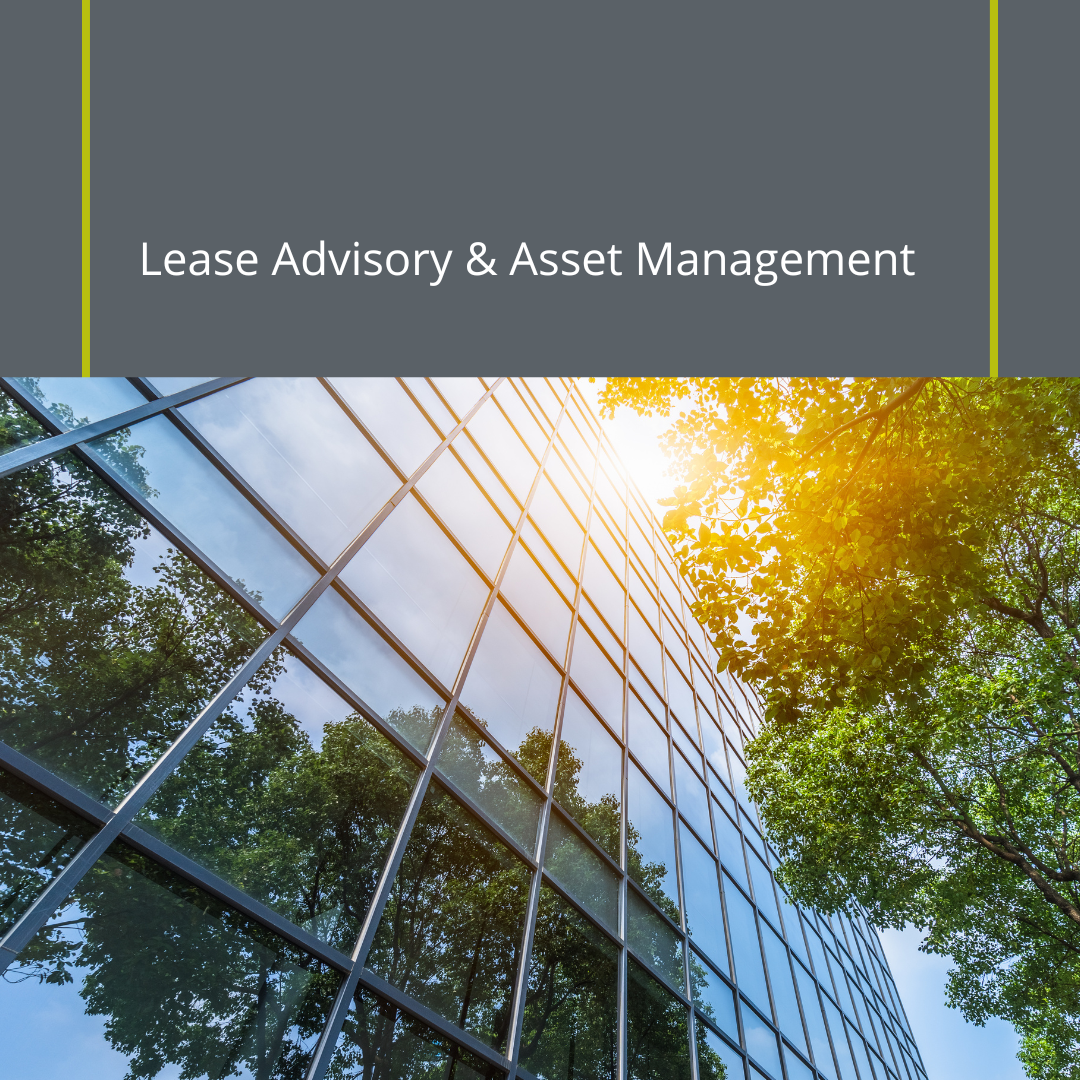
Proposal to ban upward-only rent reviews: what could this mean for commercial property?
July 16, 2025
On 10 July, the UK Government announced a bold plan to ban upward-only rent reviews in commercial leases across England and Wales, as part of the wider English Devolution and Community Empowerment Bill. The measure, hailed by some as a lifeline for struggling high street businesses, has been met with alarm by many in the property and investment sectors; particularly due to the lack of consultation, and the long-term economic ripple effects it may cause.
What Are Upward-Only Rent Reviews?
Upward-only rent reviews are a standard feature in most UK commercial leases. They allow rent to increase or remain the same at review intervals, but never fall. They offer landlords a degree of certainty and stability over rental income, particularly for long-term investments and pension-backed portfolios.
What’s changing?
• Upward-only rent reviews will no longer be permitted in new or renewal commercial leases.
• Existing leases with upward-only rent reviews remain unaffected.
• Where rent reviews are included, the new rent may go up, down, or stay the same; depending on the method set out in the lease (e.g. market rent or index-linked).
• Agricultural leases will be exempt.
The Government’s argument
Ministers claim that banning upward-only rent reviews will help make rents more affordable for small businesses, reduce the number of vacant shops and rejuvenate the high streets; whilst combatting the unacceptable anti-social behaviour that comes with them. The Government criticised self-regulation in the sector, stating that industry codes of practice have failed to deliver meaningful reform.
Industry reaction: Insights from our team:
At Kirkby Diamond, we understand both the rationale behind the Government's intent and the implications this policy could have on the wider market. Our key industry experts share their initial responses below.
Mark Hannam | Head of Lease Advisory & Asset Management:
“While clearly advantageous to tenants, this proposal feels rushed and clearly lacks thorough consultation on its broader, long-term consequences. While it may help rejuvenate the struggling High Street retail occupier markets, it could destabilise more robust property sectors. There’s also a real risk this could slow down the lease renewal and rent review process, driving more disputes to third-party resolution. The wider ripple effects may also be felt by pension funds and property companies too, particularly those exposed to secondary retail and office assets, who may need to re-evaluate their exposure to these sectors, potentially needing to price in more risk.”
Adam Smylie | Head of Professional Services:
“This follows other tenant-focused legislative reforms such as the Renters Reform Bill. Reviews that once settled at nil uplift will now become contentious and costly, with tenants more likely to seek reductions, resulting in higher professional costs if advised. This may even be challenged on human rights grounds, like current cases in the residential leasehold reform space. Investors will be wary, yields may soften, and capital could shift to safer assets like GILTs. In addition, given that most individuals’ pension pots include commercial property holdings, this could have wider ramifications for the general public than initially envisaged."
Julian Chappell, Partner | Lease Advisory and Asset Management
“Property risks becoming a non-competing asset class if income becomes increasingly unpredictable. A more balanced approach might lean towards means-tested concessions, that require tenants to demonstrate genuine financial hardship before landlords are compelled to offer relief. The relationship between landlords and tenants is, for the most part, now built on trust, with landlords generally willing to listen to their tenants and maintain a positive relationship. The best approach for a tenant experiencing financial difficulties is to discuss issues with their landlord with the aim of reaching a tailored, appropriate solution. However, the current proposal risks longer, more complex, more expensive rent reviews, potentially undermining the integrity of the ‘hypothetical lease’ framework. Disputes are likely to increase, and third-party referrals will surge. Index-linked mechanisms may emerge as a default alternative, but this will limit flexibility. Crucially, the broader economic implications appear to have been overlooked - particularly with pension fund exposure to commercial property performance.”
Where do we go from here?
While there is merit in supporting struggling businesses and revitalising high streets, economic stability and long-term investment confidence cannot be afterthoughts. This proposed ban is unlikely to be the final word, and it will face legal, economic, and political scrutiny in the months ahead.
Rather than scrapping upward-only rent reviews altogether, a more balanced approach might include:
- Targeted reforms for struggling tenants backed by financial disclosure and means testing.
- Clearer guidelines for dispute resolution to prevent an overload on third-party processes.
- Incentives for more flexible lease structures rather than rigid legislative change.
Final thoughts
Ultimately, the commercial lease sector is too important to be reshaped in haste. The government must engage with stakeholders to ensure reforms deliver both fairness and financial sustainability.
Our team will continue to monitor and advise clients on developments in this space. If you have questions about your lease agreements or want to understand the implications of this proposed change, please contact our team.
